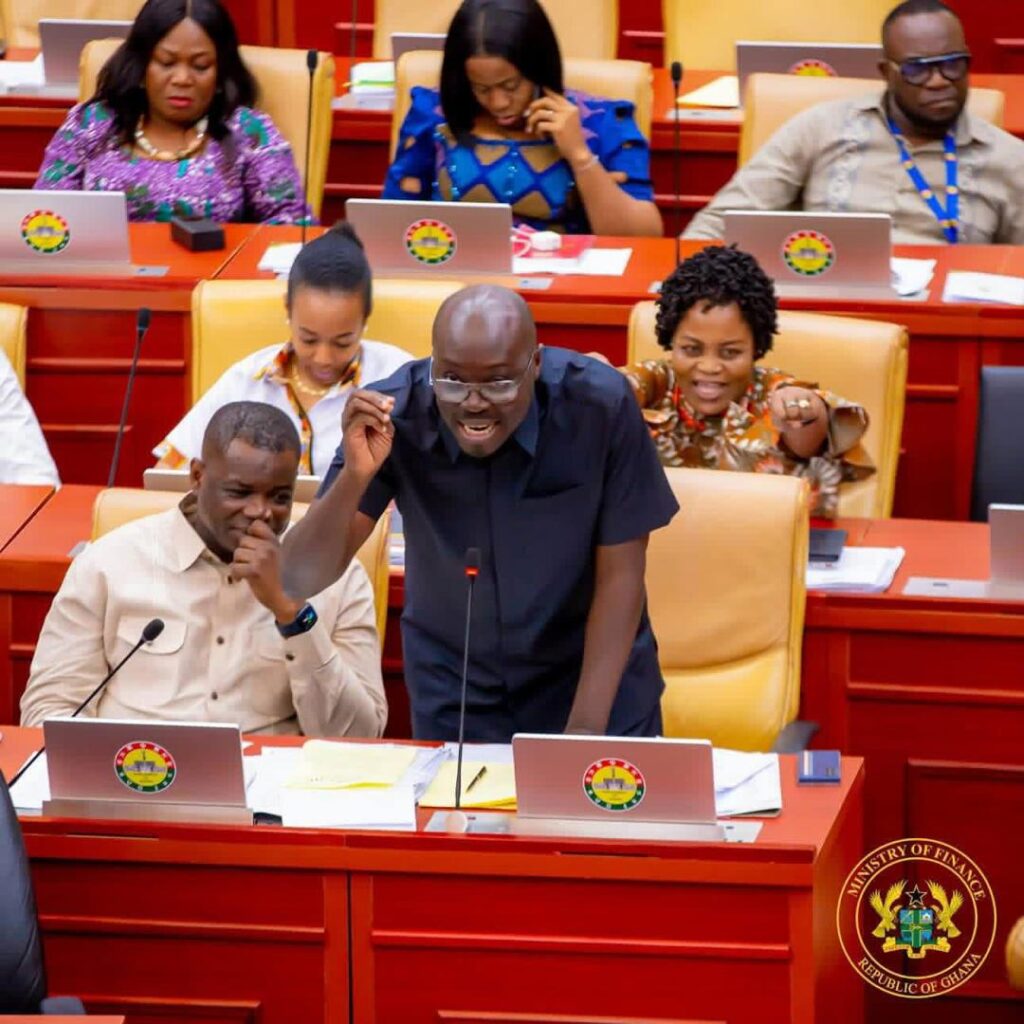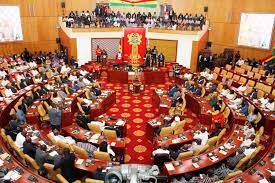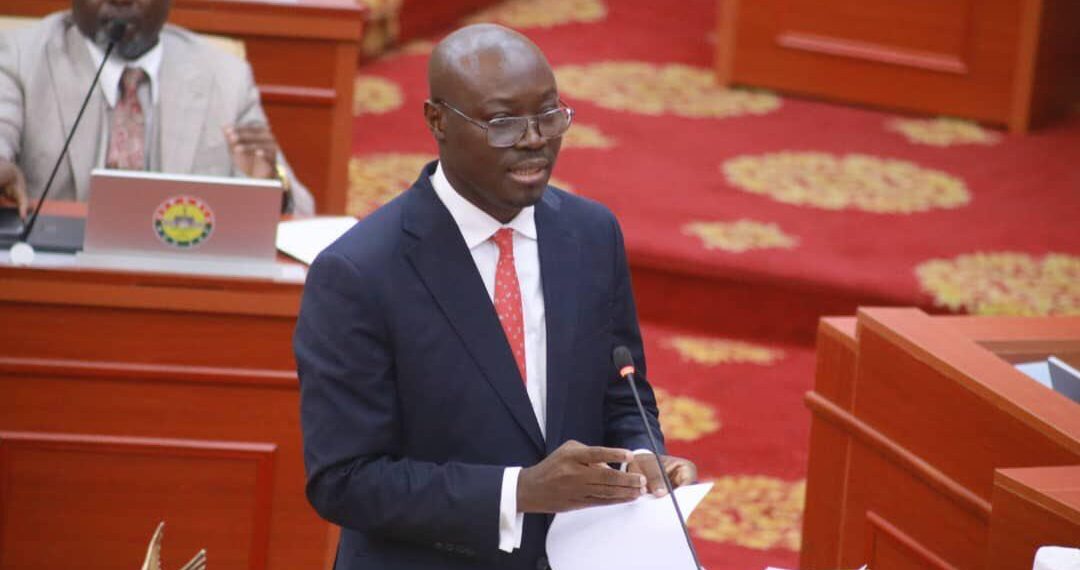In a bold step toward strengthening Ghana’s economic governance and restoring fiscal discipline, the Ministry of Finance has announced the passage of the Public Financial Management (Amendment) Act, 2025.
This landmark legislation introduces sweeping reforms aimed at enhancing transparency, accountability, and macroeconomic stability, positioning Ghana for long-term fiscal sustainability.
“This comprehensive reform introduces stricter oversight mechanisms, enforces rigorous fiscal responsibility rules, and establishes an independent Fiscal Council to enhance transparency and compliance”.
Dr Cassiel Ato Forson, Ghana’s Finance Minister
The Public Financial Management (Amendment) Act, 2025, introduces several critical provisions designed to improve fiscal discipline and accountability across all levels of government.
Among the most notable reforms is an enhanced sanctions for fiscal mismanagement. A major highlight of the Act is the imposition of stricter penalties for fiscal mismanagement, holding government officials directly accountable for economic missteps.
The law empowers Parliament to censure the Minister of Finance under Article 82 of the Constitution should there be any breaches of fiscal rules.
Additionally, Ministers of State and Heads of Covered Entities may now face imprisonment for actions contributing to fiscal slippages, sending a strong signal that financial recklessness will no longer be tolerated.
New Fiscal Responsibility Measures, Independent Fiscal Council
To ensure sound financial management, the law enforces rigid fiscal responsibility rules: Here, a primary balance rule has been introduced, requiring the government to maintain an annual surplus of at least 1.5% of GDP on a commitment basis.
This move is designed to prevent excessive borrowing and ensure that revenues exceed expenditures before interest payments.
Also, a public debt ceiling has been established, capping Ghana’s debt-to-GDP ratio at 45% by 2034.
This ambitious but necessary target aims to safeguard Ghana’s debt sustainability and prevent the accumulation of unsustainable debt levels.
One of the most significant structural changes under the new law is the creation of an autonomous Fiscal Council.

This independent body will be responsible for monitoring compliance with fiscal responsibility rules, ensuring that government spending remains within sustainable limits.
The Council’s mandate includes reviewing the budget, assessing macroeconomic risks, and providing independent fiscal policy recommendations.
Strengthened Oversight and Accountability
Moreover, under the new Act, the Minister of Finance must now obtain Parliamentary or Cabinet approval before suspending fiscal rules in response to economic crises or unforeseen circumstances.
This measure prevents arbitrary decisions that could undermine fiscal discipline and ensures that any deviations from the rules are subject to democratic scrutiny.
Additionally, the law streamlines Ghana’s fiscal governance framework by consolidating all fiscal rules under a single legal framework.
This eliminates redundancies and strengthens enforcement mechanisms, making it easier to track compliance and hold officials accountable.
“With the enactment of this law, the Fiscal Responsibility Act, 2018 (Act 982) has been repealed, and the Presidential Fiscal Advisory Council dissolved, streamlining oversight under the newly established Independent Fiscal Council.”
Dr Cassiel Ato Forson, Ghana’s Finance Minister
The enactment of these sweeping fiscal reforms comes ahead of the September 2025 deadline under Ghana’s IMF-supported economic program.

This signals the Ministry of Finance’s commitment to restoring fiscal discipline and enhancing Ghana’s credibility in international financial markets.
With Ghana’s economy facing significant challenges, including high debt levels, inflationary pressures, and revenue shortfalls, the implementation of this law could play a pivotal role in stabilizing the country’s economic trajectory.
The government’s ability to adhere strictly to these new fiscal rules will determine whether Ghana can build a more resilient and self-sustaining economy in the coming years.
By reinforcing strict oversight mechanisms and introducing legally binding fiscal responsibility measures, the new law seeks to curb reckless spending and ensure responsible economic stewardship.
READ ALSO: UK Urges Calm as Trump Tariff Fears Grow



















